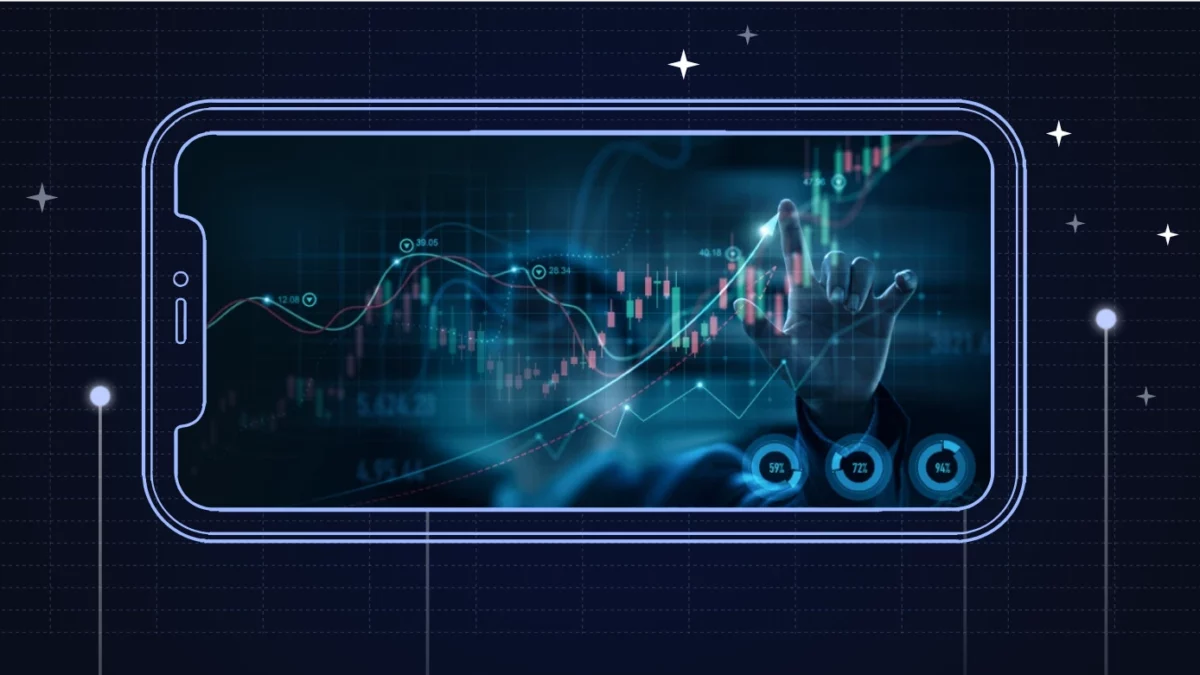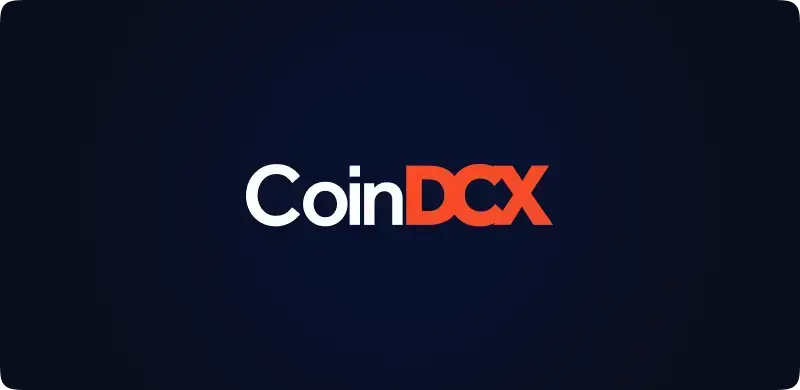Table of Contents
ToggleIntroduction
Before we try to analyze and understand the difference between a traditional Futures contract and a crypto Futures contract, let us do a small recap of what Futures contracts are. So a Futures contract is essentially an agreement between two parties, where the buyer agrees to buy the underlying commodity or asset in the future at a price that is determined at the time of the agreement.
Thus essentially, if a person wishes to buy a certain amount of a particular asset and the person thinks that the price of that asset in the future may go up but doesn’t want to take possession of the asset, but simply speculate on the price, the buyer may lock in the price of the asset today by paying a small token amount. Thus, at that predetermined date, the buyer in the agreement will be obligated to buy the asset from the seller at the predetermined price, whatever may be the price at that point.
What are Traditional Futures contracts?
This concept was initially created for commodity traders of the past to act as a hedge against price volatility. Let’s take an example in the form of a jeweler who has to purchase gold at market price and sell finished products at market price. Now between the time of his purchase of gold to finally selling finished products, the price of gold might have changed. If it goes up, the jeweler stands to make a profit, but on the other side if there is a drop in the market price of gold – the jeweler will be losing money on the sale. Thus to prevent this downside on the part of the jeweler, he or she can purchase the gold and take a short position on a similar quantity of gold Futures on the derivatives market to offset his risk.
Thus if the market price of gold goes up, the jeweler will lose nothing as the profit from his sale will be offset by the loss on the Futures contract. But on the other side, if the market price of gold goes down by the time he or she sells, the loss on that transaction will be offset against the profit on the short position in the Futures market. This way, the jeweler can essentially remove all the price movement risk from the transaction and simply profit from the making charges they charge for creating the finished product.
Futures have been used in the commodity, currency, and even equity asset classes for quite some time now. Even in India, the National Stock Exchange, or the NSE launched derivatives trading all the way back in the year 2000. In Futures trading today, one simply has to pay an upfront margin amount that is predetermined by the exchange running the show and speculate upon the price change.
What are Crypto Futures Contracts?
Well, crypto Futures aren’t too different from traditional Futures, except for a few things. The basic tenet behind the concept of a crypto Futures contract is simply to provide all the benefits of a traditional Futures contract, like leverage and liquidity while at the same time bringing about additional benefits such as ease of handling (since those owning crypto Futures don’t actually have to handle crypto assets, avoiding hassles of wallets and security) and also making taxation easier to calculate.
To facilitate the added benefits over the usual ones, crypto Futures are constructed in such a way that they are perpetual. Traditional Futures contracts have an expiry date, however, crypto Futures don’t. Thus, crypto Futures give users the added benefit of being able to practically invest in cryptos without undergoing the hassle of custody, wallet, and security for the same. One can purchase a Bitcoin Futures contract and hold it for as long as they wish to.
Start Crypto Futures Trading NOW
Traditional vs Crypto Futures Contracts
| Traditional Futures Contract | Crypto Futures Contract |
| Traditional Futures contracts usually have an expiry associated with the contract. | Crypto Futures contracts are generally constructed to be perpetual and thus have no expiry or settlement date. |
| Traditional Futures can be either stock-settled or cash-settled, depending on the rules determined by the exchange. | There is no concept of settlement in crypto Futures as it is a perpetual contract. |
| Traditional Futures were initially built as a tool to hedge investments in equities, commodities, or currencies. Speculation on traditional Futures is a more recent development. | Crypto Futures were built primarily to remove the issues with actually taking custody of your own cryptos and also to ensure more transparency, efficient price discovery, and risk management capabilities. |
| Traditional Futures generally have fixed contract sizes that are determined by the exchange and other regulatory bodies. | Crypto Futures have variable contract sizes and thus can cater to more traders in the market, thus removing the capital requirement barrier. |
Read more: Advantages & Disadvantages in Crypto Futures Trading
Settlement of the Futures contract
This is one of the major distinctions between a traditional Futures contract and a crypto Futures contract. In a traditional Futures contract, there is generally the concept of an expiry date where the accounts are essentially settled and the buyer of the contract has to settle the agreement in the form of buying the stock or settling it in cash.
However, in the case of a crypto Futures contract, it does away with the concept of settlement and creates a perpetual contract that has no expiry date. Thus, one can hold on to the contract forever making it a very viable option for people who want to invest in cryptos but don’t want the hassle of custody and security of their assets.
The objective behind the Futures contract
The objective behind the creation of a Futures contract in the two aspects differs too. While a traditional Futures contract is built to act as a hedge against the downside, a crypto Futures contract is built to enable a way for investors to invest or speculate in cryptos without the hassle of taking custody of those assets or ensuring security. All of that is managed by the institution that issues the Futures contracts, usually a company like the CME Group or Binance.
Read more: Spot vs Futures Trading
Contract sizing of Futures contracts
While traditional Futures contracts have a predefined contract size with a fixed margin amount that is required by the investor to pay upfront, to ensure liquidity in the market, crypto Futures markets offer the opportunity to investors to be able to invest in cryptos in whatever contract size they wish to, while at the same time maintaining liquidity in the market.
Limited liability vs losing more than capital
The exchanges running and regulating traditional Futures contracts typically follow the concept of a ‘margin call’ where if a trader falls short on their margin and needs to pay more to maintain the position, thus effectively puts more risk on the trader. If the market continues to go against the trade, the trader can effectively lose more money than he or she possesses, creating a systemic risk.
However, on a crypto Futures exchange, there is a variable margin calculation going on in real-time and traders will be liquidated instantly if they don’t have enough capital, thus removing systemic risk from the ecosystem. The worst that can happen is that the trader can lose all their capital if they are not careful about it.
Read more: Managing Risk in Crypto Futures
Conclusion
Thus to conclude, in this article we have talked about the main differences between a traditional Futures contract and a crypto Futures contract, clearly outlining the similarities and the aspects where they differ. Crypto Futures contracts were constructed to become a tool for people who wish to invest in the crypto market and industry, but do not want to go through the hassle of custody and security of the assets. Thus, with crypto Futures contracts, which are perpetual in nature, one can easily stay invested in it, with the help of leverage for the long term without putting any systemic risk on the overall market. It also acts as the perfect speculative tool for short-term traders too, who can take advantage of the significantly higher leverage provided by cryptos exchanges for crypto Futures and thus provide scope for greatly improved profitability.
Read more: Step by step Crypto Futures Trading on CoinDCX
CoinDCX Futures product provides users access to crypto Futures ranging from Bitcoin, Ethereum, and many other crypto assets with up to 25x leverage on 150+ trading pairs. Users are also enabled to start slowly and gradually and start trading with as low as 5 USDT. CoinDCX Futures charges a 0.025% Maker Fee and a 0.075% Taker Fee from traders.
Feeling confident about crypto futures? Check out ETHUSDT perpetual futures on CoinDCX!
FAQs
What is the difference between Traditional and Crypto Futures Contracts?
The main difference between traditional Futures and crypto Futures is the objective with which they were created. While the initial concepts remain the same, traditional Futures were created as a hedge while crypto Futures were created as a convenient means of investing in cryptos without actually handling cryptos. Read the blog to learn more about this.
Are crypto Futures riskier than Traditional Contracts?
Both traditional and crypto Futures contracts possess a similar amount of risk since both employ the concept of leverage which can give outstanding returns but at the same time, if the trade goes bad can result in the trader losing a large chunk, or even all their capital if they are not careful.
Related posts
CoinDCX Launches INR Margin Futures: A New Era for Crypto Futures Trading in India
CoinDCX launches the most cost-effective way to trade futures in India!
Read more
Complete Guide to Trading INR Margin Futures on CoinDCX
Trade crypto futures directly with INR on CoinDCX easily.
Read more

